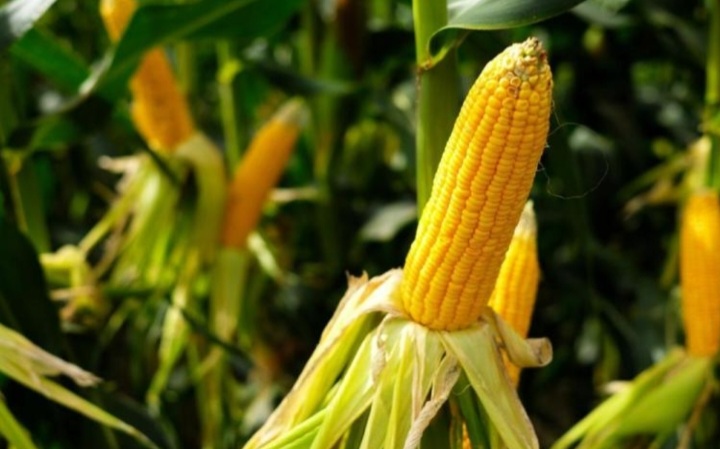Agric Research Institute Promotes Tela Maize Technology for Economic Devt

By Rashidat Oladele
Prof. Mohammad Ishiyaku, the Director of the Institute of Agricultural Research (IAR) in Zaria, Northwest Nigeria, has emphasized the significant impact of their technology, “Tela Maize,” on the economic development of Nigeria.
He highlighted the IAR’s role in spearheading the adoption of modern agricultural technologies, particularly in northern Nigeria and across the country.
Speaking during the “Seeing is Believing” Farmers Field event in Kakangi, Giwa Local Government Area of Kaduna State, Prof. Ishiyaku commended the farmers for embracing the Tela Maize technology.
He assured them that this adoption would enhance their economic well-being and contribute to Nigeria’s overall economic development.
Prof. Ishiyaku acknowledged the risks associated with adopting unfamiliar technology but expressed gratitude to the courageous farmers who embraced technologies developed by the IAR.
He stressed that these technologies were aimed at improving the economic conditions of farmers and the nation at large.
He called upon local governments, state governments, and the federal government to make agricultural production more affordable, ensuring that the returns from agricultural activities become more profitable.
He underscored the pivotal role of agriculture as a major employer of labor in Nigeria, serving approximately 66% of the population, or roughly 160 million Nigerians.
Reflecting on the Institute’s 101 years of existence, Prof. Ishiyaku highlighted their contributions to the development of agricultural technologies, including the groundnut pyramids, the cotton industry, and various rice, maize, and millet varieties.
He pledged the IAR’s commitment to improving agriculture in Nigeria and sought the cooperation of farmers as primary stakeholders in their research and development efforts.
Prof. Rabiu Adamu, the Principal Investigator of the Tela Maize project, explained that the project focused on improving maize varieties for Nigerian farmers.
He noted that Nigerian farmers faced challenges with low maize yields, typically less than 2 tonnes per hectare, while improved varieties could yield up to 4 tonnes per hectare or even higher under ideal conditions.
The project involved farmers in evaluating different maize hybrids to determine their preferences, which would guide the selection of preferred varieties for release.
This collaborative effort between researchers and farmers aimed to ensure that the chosen varieties were well-suited to local conditions and needs.
Additionally, the Tela Maize project addressed the threat of the Fall Army Worm, with several maize varieties tested for resistance.
Farmers played a crucial role in evaluating and selecting resistant varieties, which would be proposed for release based on their feedback.
One participating farmer, Dan Masani, shared his positive experience with Tela Maize seeds.
He mentioned receiving the seeds in July and planting them two days later.
After 53 days, he observed promising growth patterns, appreciated the quality of the crop, and expressed a desire to plant it in the upcoming farming season.
